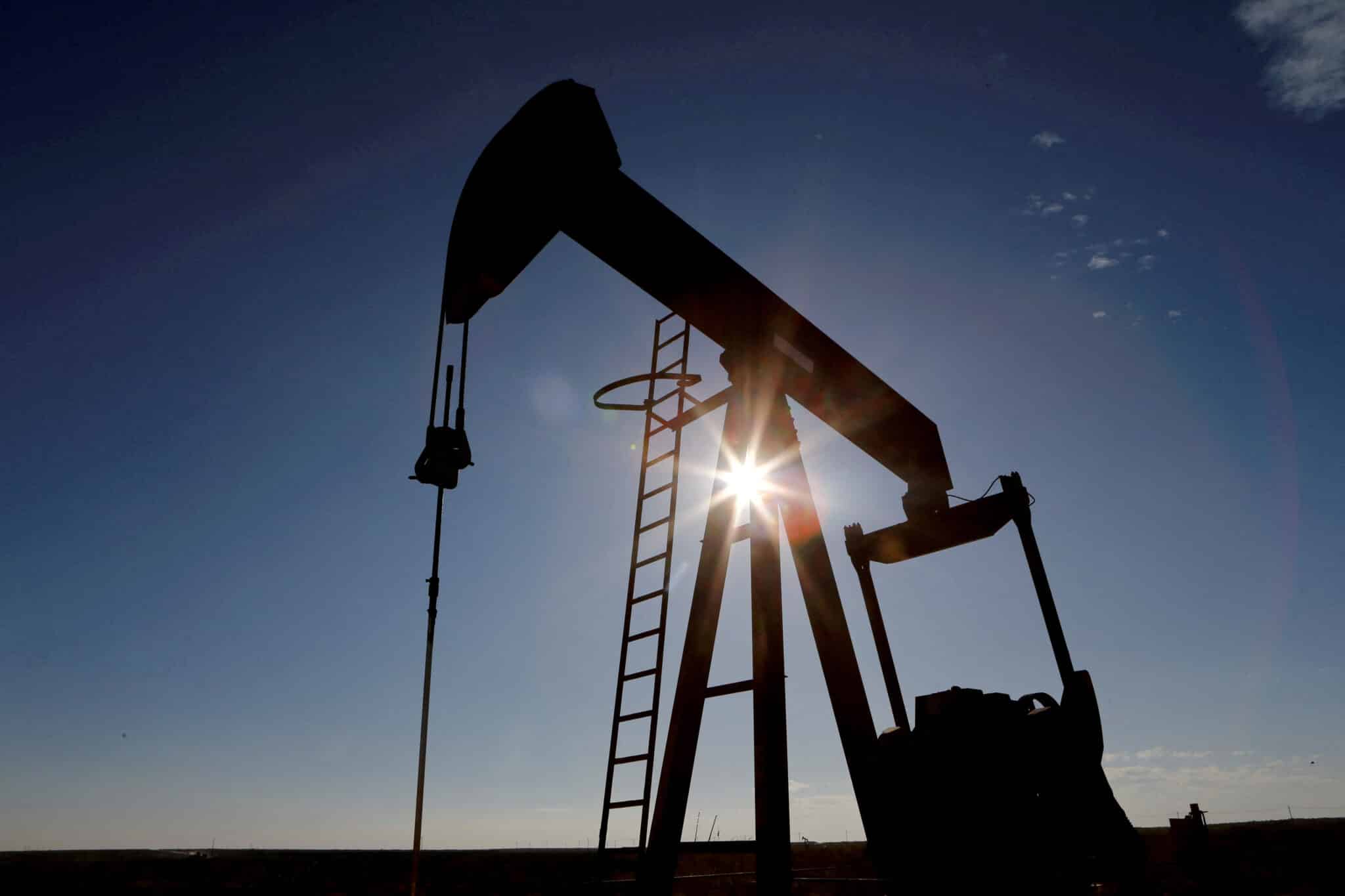
BRUSSELS/LONDON, July 4 (Reuters) – Nigeria’s debt to gasoline suppliers has surpassed $6 billion – doubling since early April – as state oil firm NNPC struggles to cover the gap between fixed pump prices and international fuel costs, six industry sources said.
Nigerian President Bola Tinubu announced an end to expensive fuel subsidies last year, allowing pump prices to triple. But state oil company NNPC capped pump prices shortly afterward as citizens chafed under rising cost of living.
The cap, coupled with a naira currency crash, allowed the subsidy to creep back. Tinubu’s government expects the subsidy to cost at least $3.7 billion this year.
Analysts, NGOs and even government officials have slammed the subsidy for years as wasteful and corrupt. But Nigerians, who get few government services, have long seen cheap fuel as their right, especially in the current cost-of-living crisis.
Last week, deadly riots forced Kenya’s debt-burdened government to cancel planned tax rises, casting a shadow over efforts elsewhere to inflict any further pain on citizens stung by rising inflation.
Senegal’s energy subsidy bill remains high, at 3.3% of GDP, while Egypt and Angola are also trying to axe subsidies to shore up state finances.
NNPC began struggling early this year when late gasoline payments surpassed $3 billion.
The company has still not paid for some January imports, traders said, and the late payments amount to $4 billion-$5 billion. Under contract terms, NNPC is meant to pay within 90 days of delivery.
NNPC declined to comment.
“The only reason traders are putting up with it is the $250,000 a month (per cargo) for late payment compensation,” one industry source said.
At least two suppliers already stopped participating in recent tenders after hitting self-imposed debt exposure limits to Nigeria, the sources said, meaning they will not send more gasoline until they receive payments.
Traders thrive in risky environments, but they place limits on how much credit they allocate per trade in order to avoid too much exposure on one borrower. These limits vary by company based on their size and where they operate.
As a result, Nigeria’s tenders to buy gasoline in June and July were smaller, traders said. NNPC will import via tender about 850,000 tonnes in July, two of the sources said, down from the typical 1 million tonnes in previous months.
Fresh fuel queues have already started to form in Lagos this week.
Nigeria, Africa’s largest oil exporter, imports virtually all its fuel due to years of neglect at its state-owned oil refineries. The newly opened 650,000 barrel per day Dangote refinery has not yet produced marketable gasoline, and is selling other fuels abroad.
The country has few savings to fall back upon as corruption and wasteful spending have eaten up decades of oil revenues. Cash-strapped NNPC has also mortgaged much of its spot oil cargoes, limiting what it can sell for cash.
In late 2023, NNPC secured its biggest-ever oil-backed loan worth $3.3 billion from Afreximbank and a consortium of traders, including Gunvor, to shore up the country’s foreign exchange.
(Reporting by Julia Payne and Libby George; Additional reporting by Isaac Anyaogu in Lagos; Editing by Jan Harvey)

